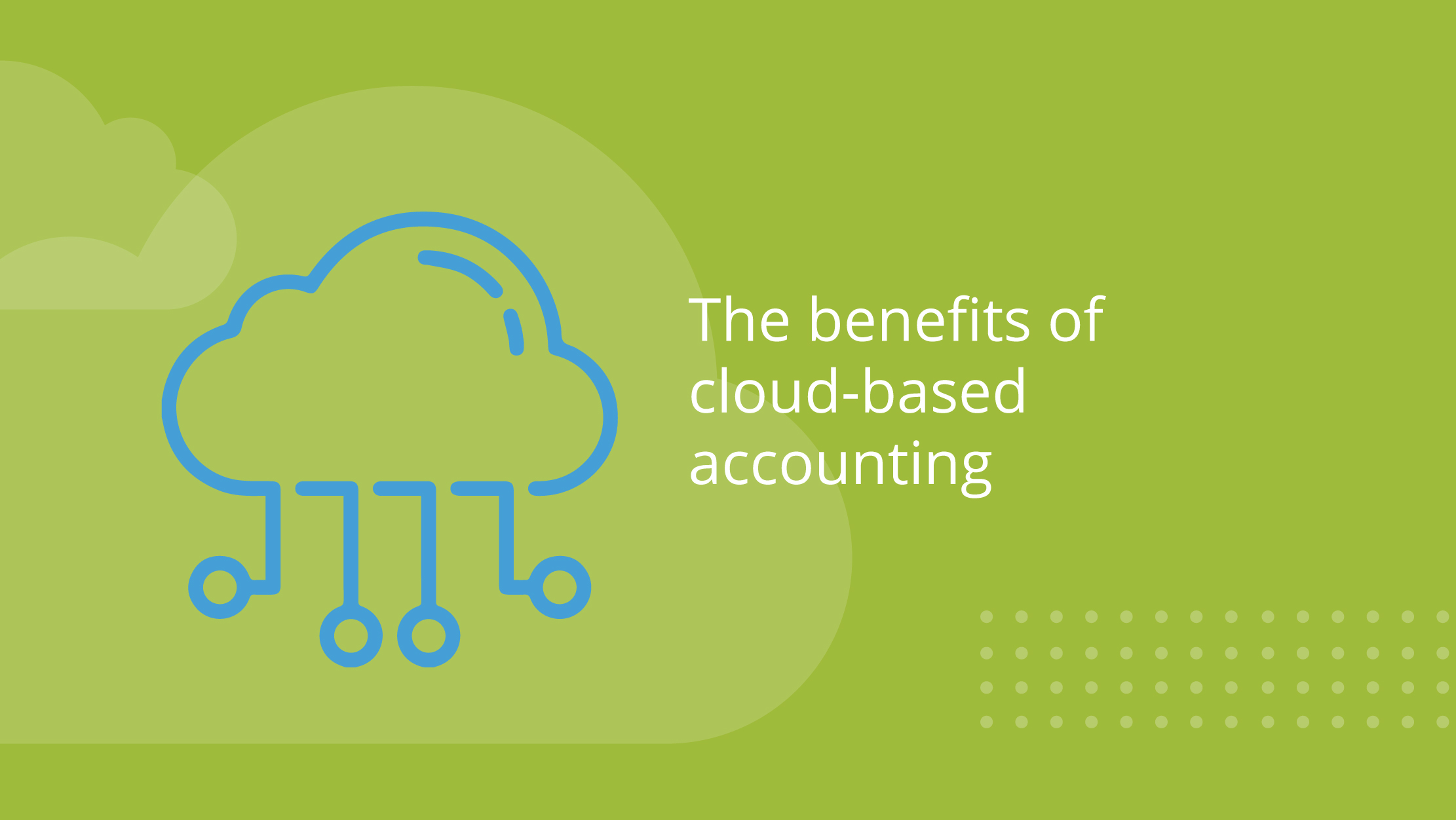A business’s financial health is a top priority. Business owners must have the right financial accounting systems in place so that they can be up-to-date on their company's financial state and can make informed decisions for the growth and success of their business.
As an SME owner, when it comes to managing your business’s accounts, you want a user-friendly system that is affordable, flexible, reliable and safe.
Over the years, cloud-based accounting has revolutionised the way businesses conduct their accounting processes.
Today, more and more SMEs are switching to the cloud and making use of the endless benefits of online accounting.
But what exactly is cloud-based accounting and is it the right choice for your business?
To help you better understand cloud-based accounting, we explain what it is, the key benefits and the difference between cloud-based and locally installed accounting software.
What is cloud-based accounting?
Cloud-based accounting allows you to access and store your accounting data online rather than physically installing it on a computer.
If you think about it, we use cloud-based technology all the time. Facebook, Google Drive, Dropbox, online banking, Google Apps — these are all cloud-based programs.
The difference between locally installed and cloud-based accounting
Locally installed accounting software is downloaded and installed onto a single computer and hosted on that computer's server. The server would be the main computer for which all financial data would be recorded.
This was one of the first and best forms of computer-based accounting software, but like any software, if you don't keep with the times, what used to be considered a benefit eventually becomes obsolete.
Accounting software applications are forever improving and growing with their user base. Today, locally installed accounting software offers limited functionality and fewer benefits when compared to cloud-based accounting.
With cloud-based accounting software, accountants and business owners can access information anywhere, anytime as long as there is internet connection. It gives them a real-time update of the business’s finances.
Cloud-based accounting offers many advantages over locally-installed accounting software. Some key benefits include:
Mobility: Access your accounting software anywhere, anytime via the internet.
Usability: It is compatible with nearly every major browser and can be used on any device.
Accessibility: The flexibility of multiple user access and user permission settings. Multiple permitted users can access your businesses accounting software at the same time from different locations.
User-friendly: It is intuitive, easy-to-use and offers a seamless user experience.
Affordability: Most cloud-based accounting software uses the SaaS (software as a service) model and offers affordable monthly payments for users.
Backups: Cloud-based accounting includes automatic data backups. Because your data is not stored locally, there is no risk of losing data in the event of a computer failure.
Secure: Cloud accounting providers like Xero, QuickBooks and Cloudworx handle the security of your data for you. Although all users should still use the best internet cybersecurity practices, users can rest assured that things like data intrusion detection, firewalls, and data encryption are taken care of for you.
Software updates: Updates take place automatically. You will always have the most recent version of your accounting software, without being forced to pay extra or go through another installation process.
Try it for yourself
Cloud accounting really can transform your business, taking the stress and admin of accounting processes out of your to-do-list so you can focus solely on growing your business. Why not try it for yourself? Our partner company Cloudworx offers multiple cloud-based accounting solutions that can be tailor-made to your business needs. Their goal is to make accounting simple, accurate and accessible for you.






